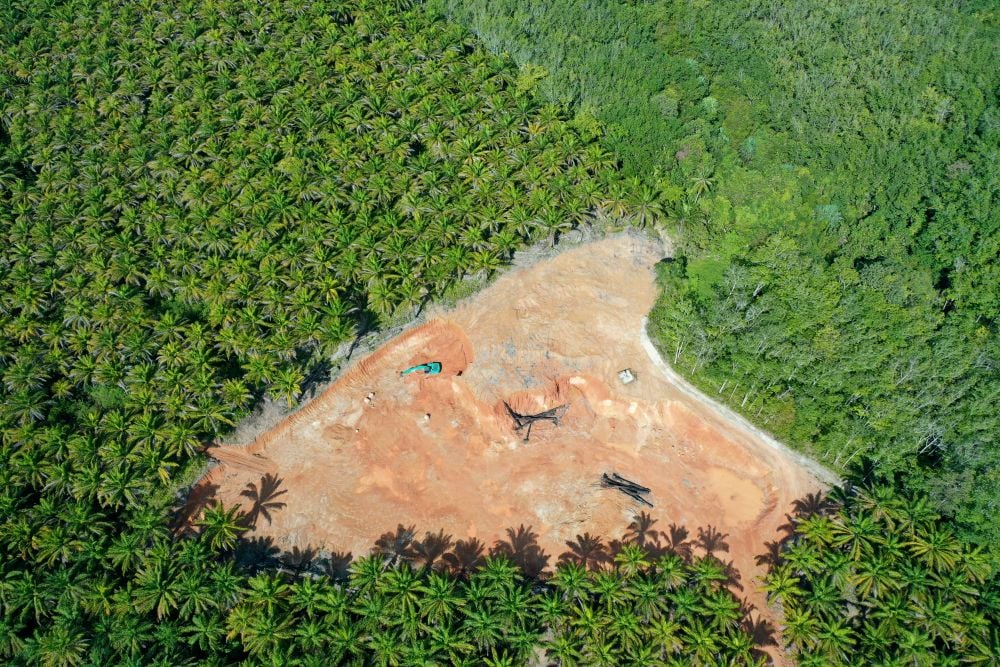The concept of “doing well by doing good” has moved sharply into focus against the backdrop of the Covid-19 pandemic.
Investment into Environmental, Social and Governance (ESG) products had already gained traction before the health crisis emerged to remind us of the vulnerability of human life, the environment and connected economies.
Each new report on investment trends among Asia’s ultra-wealthy investors moves the ESG and sustainability needles up a few more notches. And we can expect that to ramp up in the coming years.
The growing movement of ESG-related investments could also play a key role in helping the region get back on track as our economies begin the long road back to recovery from the effects of the pandemic. The Asset spoke to four global investment managers for their observations.
Jean-Jacques Barbéris, head of Institutional Clients Coverage and ESG at Amundi, says ESG funds have proved resilient during the Covid crisis.
“The ESG market was already on a growing trend before the crisis. Our analysis suggests that investors’ taste for ESG has not decreased during this crisis, quite the opposite, in fact,” he explains.
The responsible investing landscape is evolving extremely rapidly, and Covid-19 has accelerated this shift. In recent months, responsible investment has gained more ground than ever before, showing a certain degree of resilience compared to other traditional strategies.
As such, Barbéris expects recent trends on ESG assets will continue and grow stronger in the months to come. It remains to be seen whether climate change will gain more prominence during the recovery period, or become sacrificed in favour of shorter-term economic objectives, as was the case after the 2008 crisis.
“Recovery measures from the crisis should include climate change policies, with corporates significantly stepping up their efforts to transition to sustainable business models,” he says.
Hannah Schiff, director of Impact on the Responsible Investing team at global investment manager Nuveen, sees continued rise in net inflows into ESG-focused funds across the global market, despite the very challenging economy.
“We have also experienced heightened demand across our own extensive product suite. This has been part of a sustained trend, with investors seeking solutions that consider ESG factors as a way to enhance investment performance, improve risk management, and deliver non-financial outcomes,” Schiff says.
She also notes that short-term performance during the pandemic has shown many ESG-focused funds outperforming their traditional peers and market benchmarks, while long-term performance remains competitive. So, performance has been a factor in accelerating investor preference for ESG.
Says Masja Zandbergen, head of Sustainability Integration at Robeco: “The pandemic has shown that ESG-focused strategies are not only nice to have in a bull market, but are also a bear-market necessity. Both performance and inflow held very well compared to traditional strategies during the pandemic.”
However, he offers a word of caution: “Sustainable funds in general have a growth tilt. This strategy has done really well in the past. However, this can also reverse if value starts to do better. In the long run, we expect sustainable strategies to generate excellent returns, but the style tilt can create shorter-term volatility compared to the market.”
Deborah Bannon, head of Institutional Asia ex-Japan at BNY Mellon Investment Management, thinks the pandemic has not necessarily exposed the need for an integrated ESG framework that was not already considered a need before.
“We’ve long believed integration of ESG into the investment framework is critical. Depending on the asset class, our investment firms look for quality, resilient, well managed companies and issuers, so ESG becomes a critical part of the risk management process,” she says.
“During Covid-19, our clients were focused on managing their existing portfolios, market volatility and manager performance, which meant delaying future investments in new managers or new asset classes.
“Now as we come through the other side, we are seeing clients taking stock and looking to invest in new funds and new managers, some of which have defined ESG parameters. We do continue to see that ESG integration is becoming increasingly important for clients across the region,” she adds.
So what will the increasing demand for investor preference in ESG-focused funds mean for the industry and how will this push an overall rebalancing of sustainable portfolios in the long run?
Amundi’s Barbéris says: “One of the reasons for the resilience of ESG funds’ flows is that investors might have perceived ESG as ‘pandemic-proof’ funds. By construction, ESG funds tend to overweight sectors that have weathered the crisis better, such as healthcare and tech; and underweight those that have been most impacted, such as transport, energy, materials, etc.
“Also, the Covid-19 crisis has moved social considerations back to the forefront of ESG. Companies’ decisions affecting workers (in particular, the health and social protection of employees, telework or unemployment policies, as well as providing production chains to produce medical equipment) have become increasingly important.
“The pandemic has also highlighted the strong interconnection between biodiversity, health protection and climate change.”
According to Nuveen’s Schiff, Covid-19 has allowed investors to strengthen the connection between ESG factors and the corporate bottom-line.
“Issues such as human capital management, business continuity planning, and employee health and safety all fall within the scope of ESG, and we’re seeing strong company management in these areas play an important role in mitigating downside risk and preserving value during this time.”
Says BNY Mellon’s Bannon: “Investing in ESG-focused funds is still relatively new in Asia and investors need to be aware of ‘labelling’ of the many types of ESG investment funds and products available. We already offer some dedicated sustainable strategies and funds. We definitely believe investor demand will increase over time.”
Robeco’s Zandbergen sees the need to move further to not only integrate ESG from a risk perspective, but also to create well-being alongside wealth. And he believes this can be done while maintaining excellent investment results.
“The pandemic hopefully has woken up other investors to the fact that long-term sustainability trends like climate change, loss of biodiversity and rising inequality can actually lead to a big negative economic and social impact (like Covid did) and that we should support the transition to a more inclusive, more circular economy. And that this actually provides opportunities as well. But, more importantly, that it is actually better to be safe than to be sorry.”









